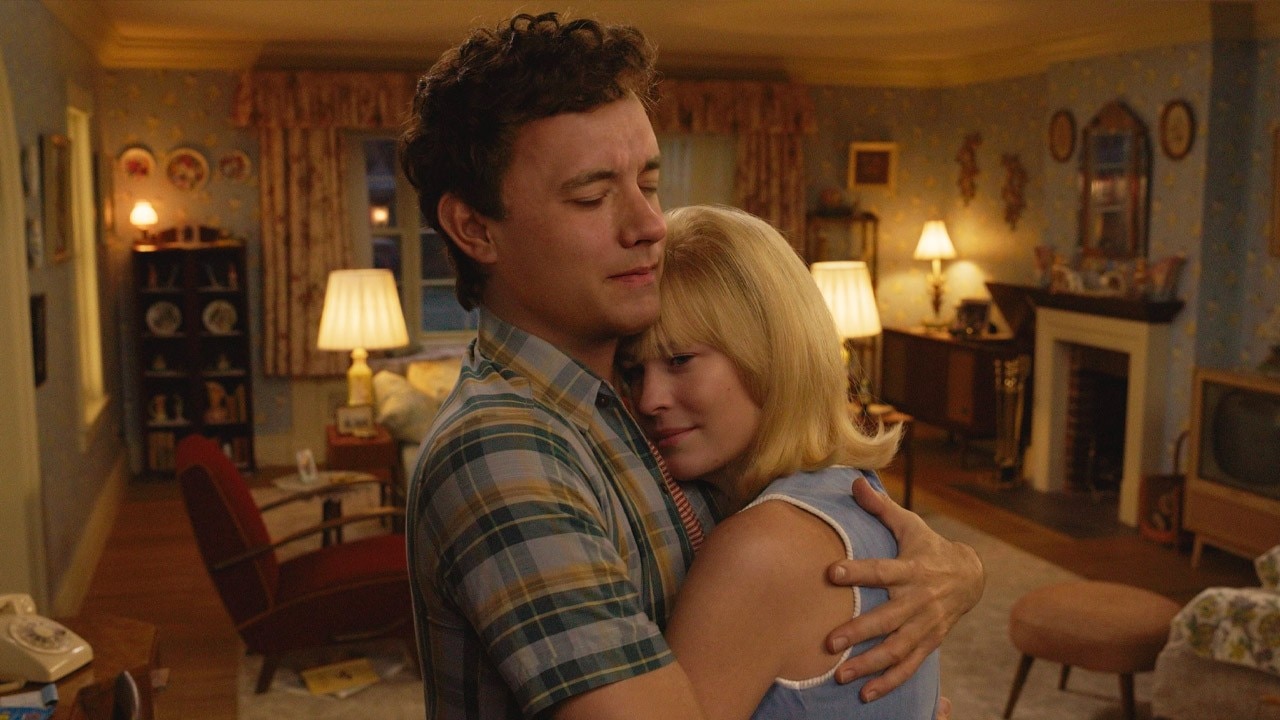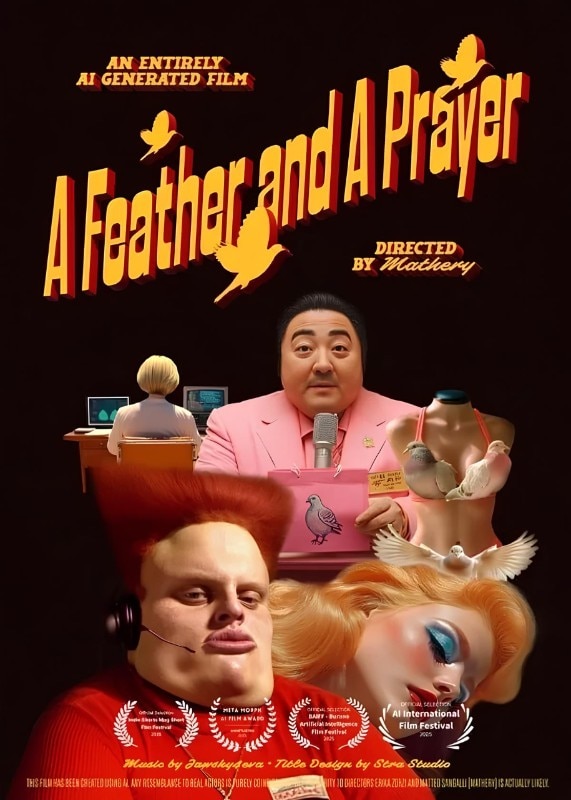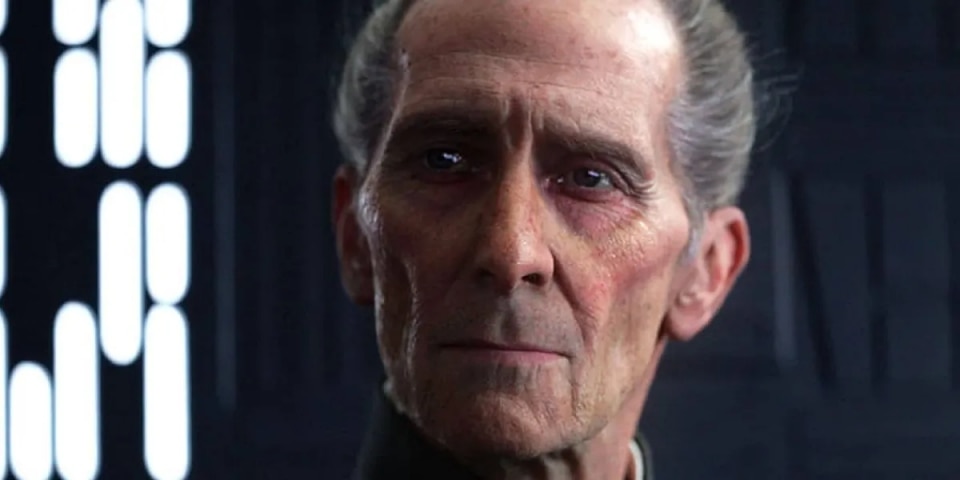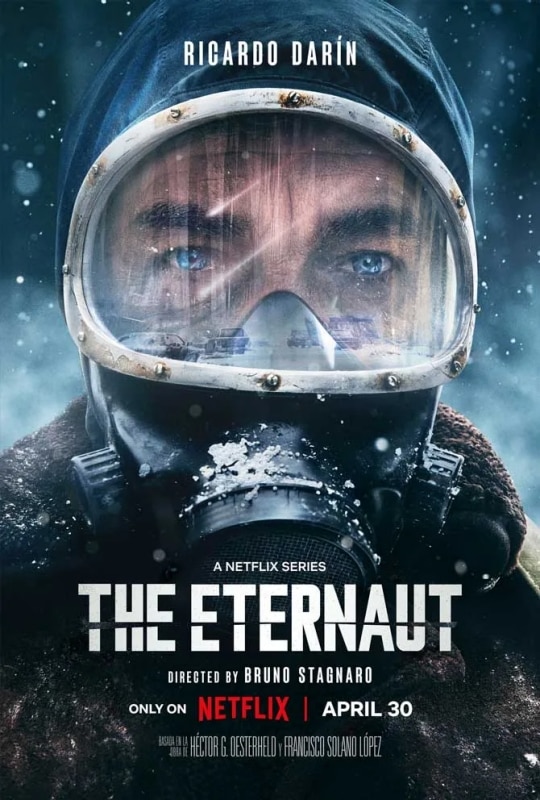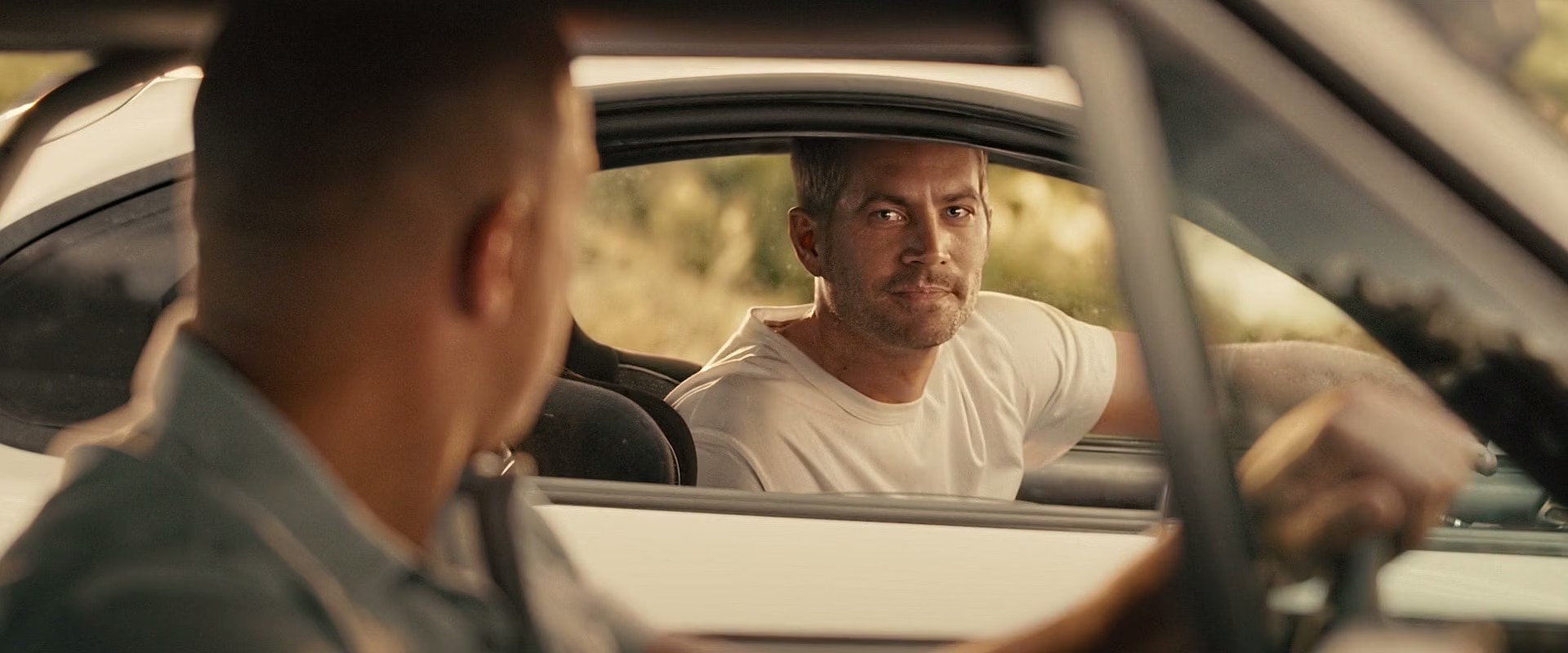In the audiovisual industry, artificial intelligence is no longer a futuristic promise: it is the present. We're not talking about robots directing movies (not yet, at least), but increasingly sophisticated tools working alongside directors, screenwriters, editors and visual effects technicians. AI is already in the backstages of Hollywood, in the software that helps rejuvenate actors, generate photorealistic worlds, write dialogue or build entire scenes from a handful of words. These are no longer laboratory experiments or underground festival curiosities: this is something that now concretely affects the timing, cost and language of filmmaking.
This was clearly seen last July 13, at the Los Feliz Theatre in Hollywood, during the latest edition of the AI International Film Festival. A now permanent fixture on the calendar of the global indie-tech scene, which this year presented nine short films from 25 countries, all made with the support - to a greater or lesser extent - of artificial intelligence.

